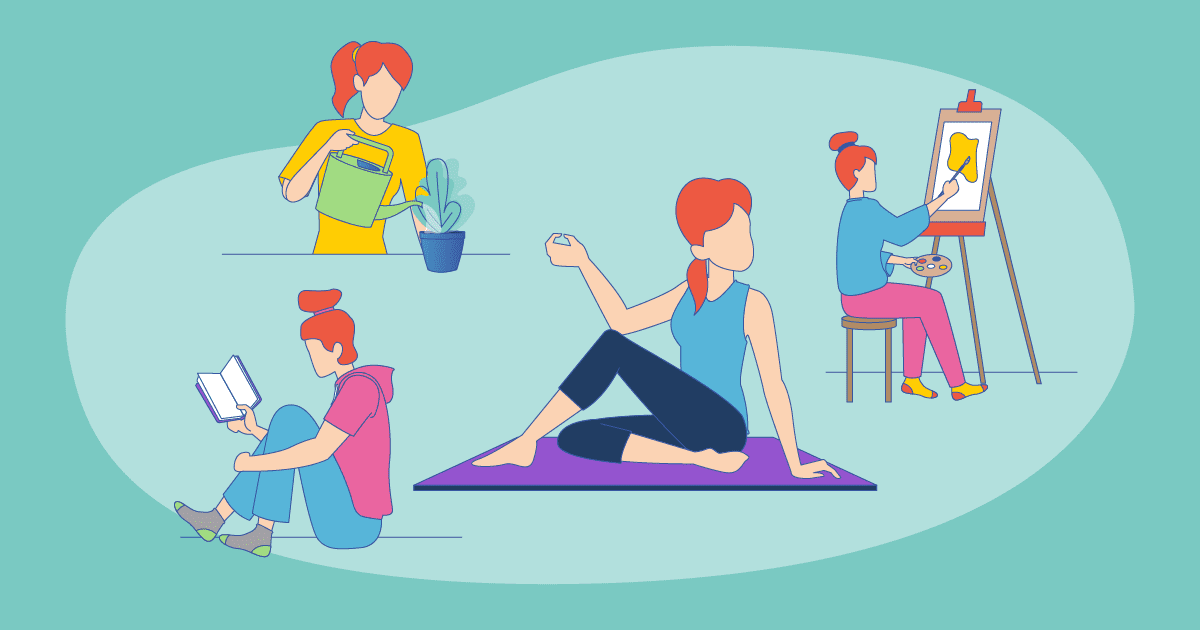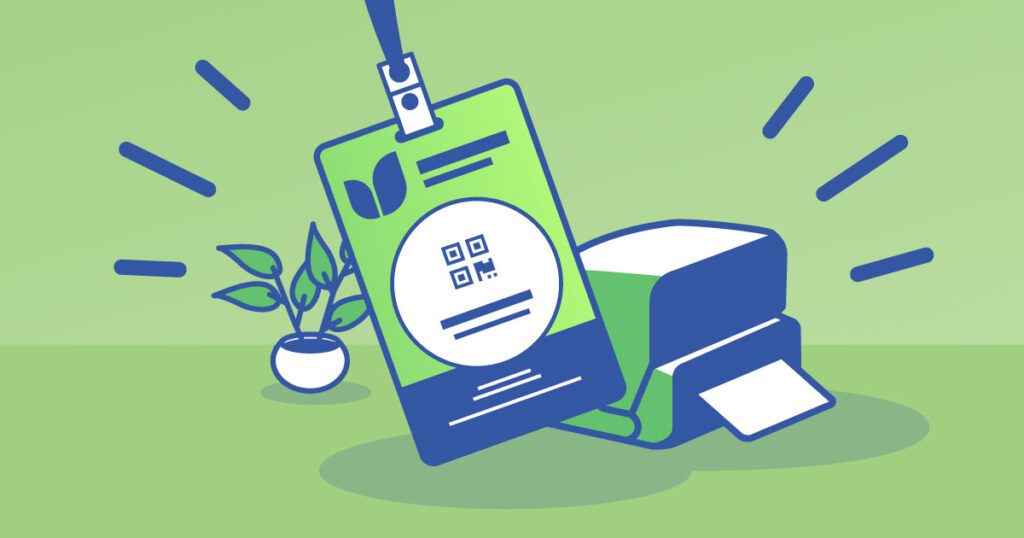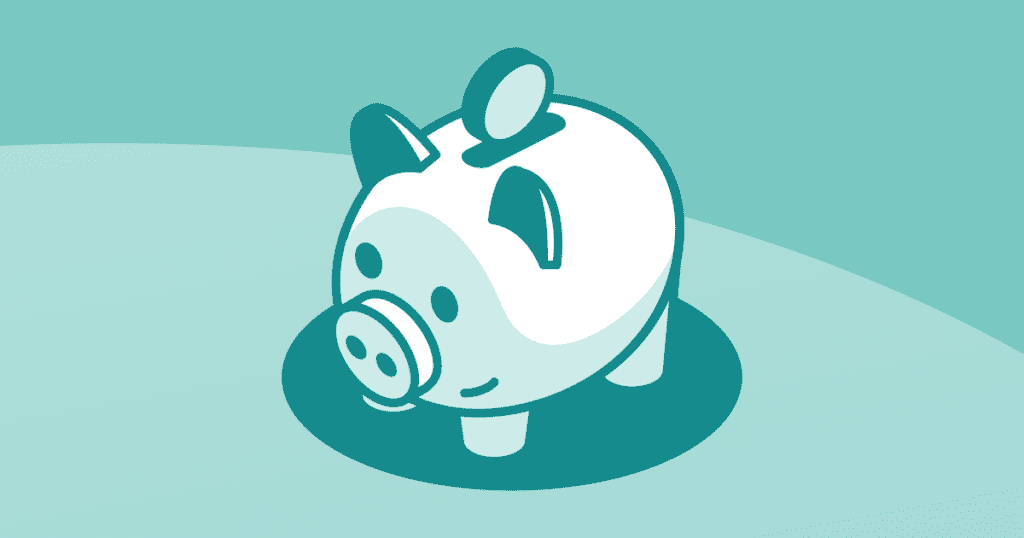Planning events can be quite a whirlwind, right? But don’t worry, there are some awesome ways to make it all much easier on yourself. Taking care of yourself and finding that perfect work-life balance is crucial.
The key to staying cool and collected when things get busy is having a solid routine that you can always count on. It’s like your trusty anchor when everything feels like a wild rollercoaster ride. So, listen up, event planners! If you wanna breeze through those crazy busy times, you gotta stick to a well-thought-out plan.
No need to stress, though, ’cause we’ve got your back with some effective strategies that you can adopt to beat that burnout and rock it in this crazy, exciting event industry. Let’s get into it!

Watch for the signs.
According to a recent NY Times article, the biggest signs of burnout are not being able to sleep (insomnia) and/or feeling fatigued all the time, both of which are stress-related.
Burnout can also manifest in other things such as dreading your inbox, missing deadlines, or irritability around coworkers. In many ways, burnout is simply not feeling like yourself. Or not being able to work at the level that you know you can.
For event organizers, putting your best foot forward and meeting deadlines is so essential to success. So when that’s not happening, this can cause even more stress. As you can see, burnout is a bit of a cycle.
The good news is there are ways to break the cycle, get back on track, and hopefully start to feel like yourself at work again.

Identify the problem.
The first step in beating burnout is to identify the source of your uneasiness. What’s the problem, specifically?
It’s very possible the problem is work-related, but burnout can also relate to home life, chores, and the extra responsibilities we all have. Dr. Maslach, in the same NY Times article above, says to think about stressors like, “pebbles in a shoe,” and if you can “remove some of them, some of the time,” you’ll be more comfortable in general.
Maybe it’s a 9 am check-in meeting with your team. Or you need more help around the house or just a place to work without construction noise! Start by finding specific things that are a problem and address those first.
Dr. Maslach also talks about how burnout can’t be fixed solely with self-care (despite the article title). Self-care can go a long way to improve our inner lives, but it cannot address the outer stressors. So it’s best to start with these.
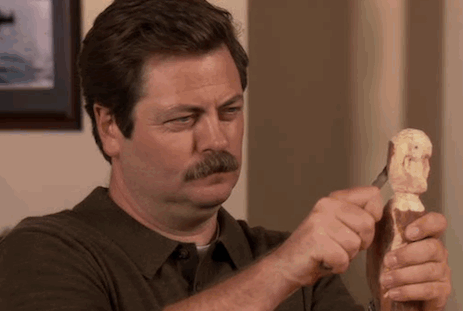
Start refueling.
A recent Bloomberg article suggests that “refueling,” or doing activities that recharge us creatively and emotionally, can help fend off or recover from burnout.
Refueling can be an afternoon walk, getting out in nature, a nap, a hobby, reading, mindfulness, or anything that gives you a boost when you need it most. The article also emphasizes that we must build these activities into our weekly routines. We have to plan for them and keep them on the calendar, even when work gets crazy.
In other words, we have to be able to say, “I can’t meet at the venue at 3 pm because that’s when I take my nature walk.” (OK, maybe leave out the nature walk part, but you get the point). For more ways to refuel, check out Keeping the zen in all your work and WFH environments.
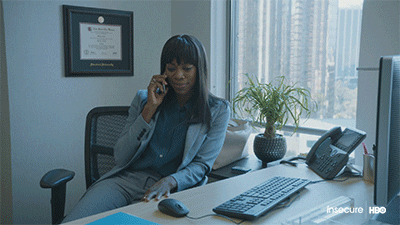
Call up some friends.
Calling friends is an important part of staying connected with the people around us. It reminds us that work is not our whole life.
Only focusing on self-care, or only thinking about our own issues and jobs, can create a cycle of stress in itself. This is why you have to branch out sometimes and pick up the phone and call a friend.
Talking to friends gives us a different perspective. We can sit back and listen to what’s been going on in their life, get their take on a problem you have, or ideally – enjoy talking about nothing at all, like good friends tend to do.
Getting social when you feel in a rut is the ultimate way to remind yourself that work isn’t everything. But friends, they just might be.
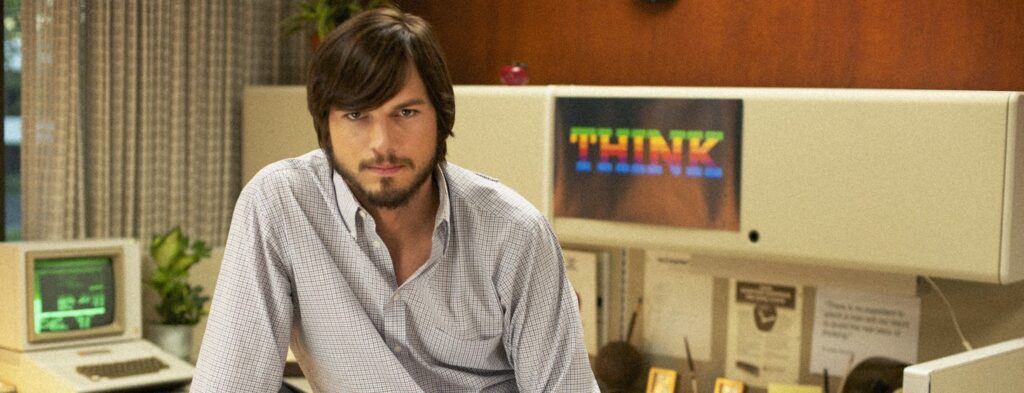
Get clear on your goals.
Entrepreneur notes that an important step in staying ahead of burnout is getting clear on your goals. In all facets of your life.
Think about what you are doing and why? Are you planning too many events at once? Have you let the event expectations get too big? Is all the work you are doing really going to make a better event for the attendees?
The same goes for personal goals. Are you planning the kinds of events you want to plan? Do you want to specialize in a different segment of the event industry? What do you need to do to reach these goals?
Much of burnout is a feeling that the work we are doing just isn’t important. It’s not getting us where we want to be. Or we don’t feel a connection to it anymore.
When we get clear on our goals, in all areas of our work/life, we can start working towards them a little bit each day. And hey, here’s a cool idea: kick things off by blending some wellness vibes into your event planning!

A break can help, but it’s not a cure-all.
A recent piece in The Atlantic found that sabbaticals can be a positive step towards mitigating burnout. But interestingly, breaks are not a cure-all for daily stressors.
First off, we understand that for most, a long sabbatical is not in the cards. Even still, much of the logic of a sabbatical can apply to shorter breaks and vacations.
The article found that a complete break from work gave people space to explore who they really are (not just who they are at work). It helped them formulate new personal and career goals. And generate big ideas they wouldn’t have thought of while under pressure.
It should also be noted that going back to work after a long break can feel like a bunch of Sunday scaries all piled up on each other. So a big takeaway here is – the way you handle work stressors on a daily basis is just as essential as taking a break if you can.
Beating burnout is all about routine.
The best way to beat burnout is to incorporate a few key steps into your daily routine. So that you can avoid getting too overwhelmed.
Start with identifying how you feel and what you think may be causing stress, then address that first. Refueling activities and calling friends can keep you from getting too bogged down and thinking about work all the time. And looking inward for goals, as well as taking a break, can clarify what you really want to do with your career. As cliche as it sounds, life is about the journey, so the best way to beat burnout is to find a routine that energizes you along the way.
Looking to add more zen to your life and event planning? Watch our webinar recap, ‘Mastering the Juggle: Event Planning without Burnout.’
Webinar: Mastering the Juggle
